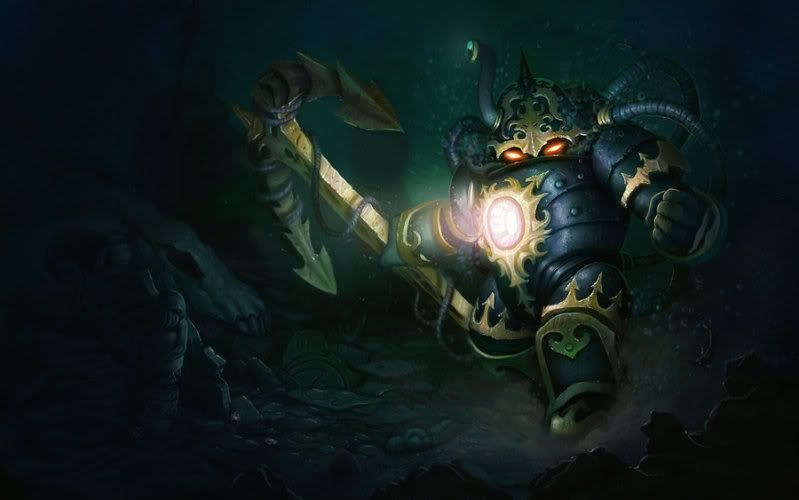Here’s a “Breaking Writer’s Block” post from a few years ago. I’ve been finding myself a bit more irritated of late, for many reasons. I need to remind myself that anger, in and of itself, is neither good nor bad; what we do with our emotions is what matters.
Also, the below works more for journalism and blogging than it does for writing fiction, at least for some/most authors.

Let’s try an experiment, shall we?
Most people who swing by this place have at least a passing understanding of Star Wars. You know that prequels to the original classics exist. Maybe you believe they’re abominations. Maybe you think Lucas is a genius and the prequels are under-appreciated gems that outshine the originals. Maybe you think the entire debate is stupid and we should stop wasting our time. Bottom line is, it’s likely to get your irritated, if not angry.
Good. Write about it.
We’re taught by some that anger is a bad thing and should be tightly controlled, hidden away, what have you. Sometimes we’re told that our emotions are detrimental to others and we shouldn’t give voice to them. Being emotional can come off as whining or complaining or generally being shrill and attention-seeking. Better for the world at large, the argument could be made, if one simply clamps their mouth shut and goes on about their business like nothing’s wrong.
Tell that to the millions in the streets over in Iran right now.
Anger isn’t necessarily a good thing, but it’s not entirely bad, either. It’s inspiring. It moves people to action. What action that is determines if it’s right or wrong. Twittering “I’m angry about X” is, in the long run, healthier than going out and burning down the house of whomever you’re angry at. You don’t even have to do it in public. Find a piece of scrap paper, grab the nearest implement of writing destruction, and dash out a quick wrathful line or three. Tuck it in your wallet or destroy it, but at least it’s out now. Emotional constipation is a quick way to put yourself in a very bad spot, and possibly in need of professional intervention. Trust me on this.
If you do post your thoughts publicly, be prepared to endure some flak. You’re going to be told, and perhaps rightly so, that when life hands you lemons, you should “shut up and eat your goddamn lemons.” And while this is true, as is the more eloquent illegitimus non carborundum, you shouldn’t let dissenting opinions stop you from expressing yourself. Again, look at Iran. In the eyes of the conservatives that tightly grip the leadership of that nation, millions upon millions are letting their voices be heard and don’t give a damn of the threats made upon them by the opposition. If they were taking up arms or starting insurgencies they’d be soundly condemned, and rightly so. But they’re not. They’re mad as hell and they’re not going to take it anymore.
Neither should you.
Just remember what Oliver Wendell Holmes said: “Your right to swing your fist ends where the other person’s chin begins.”
Use your anger, clean out the negative and the dark, and move on unfettered by those useless and detrimental feelings. Who knows? Maybe in the aftermath of the cleansing fire you’ll find something you can use for a piece that isn’t so emo you can almost hear the Depeche Mode soundtrack.





